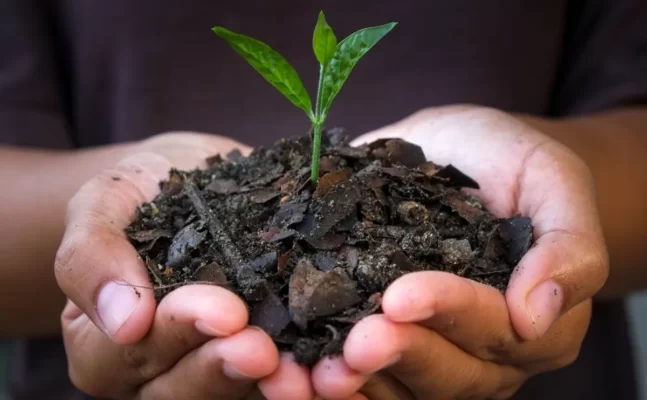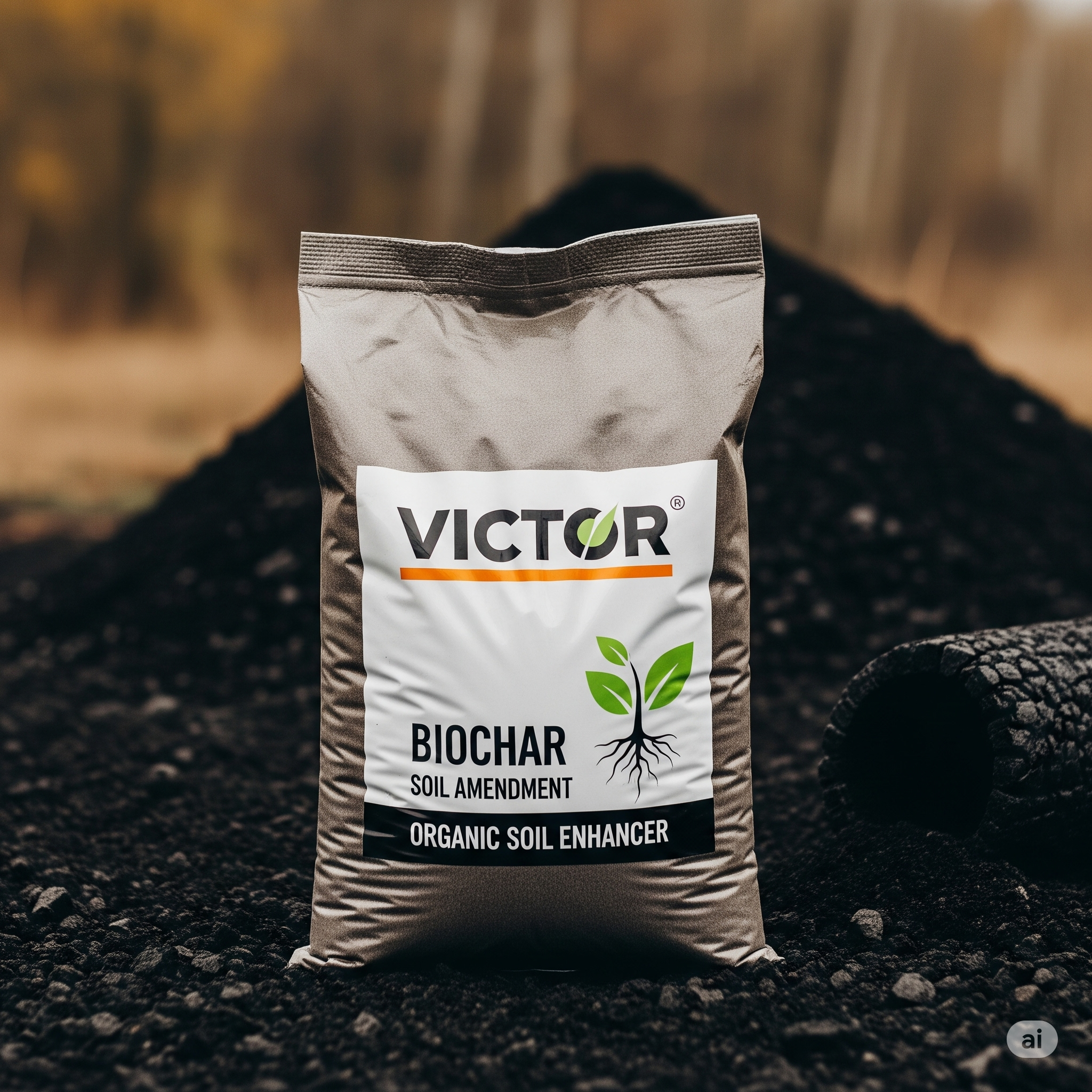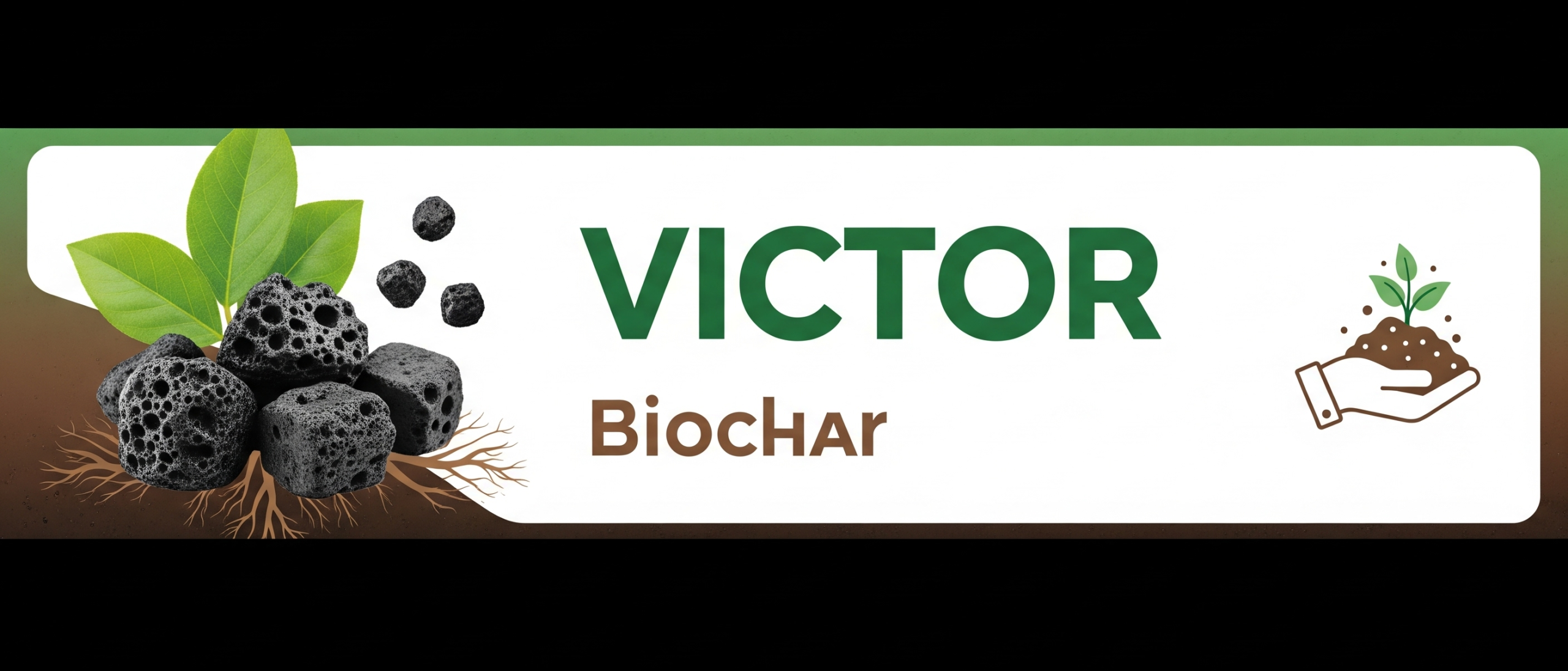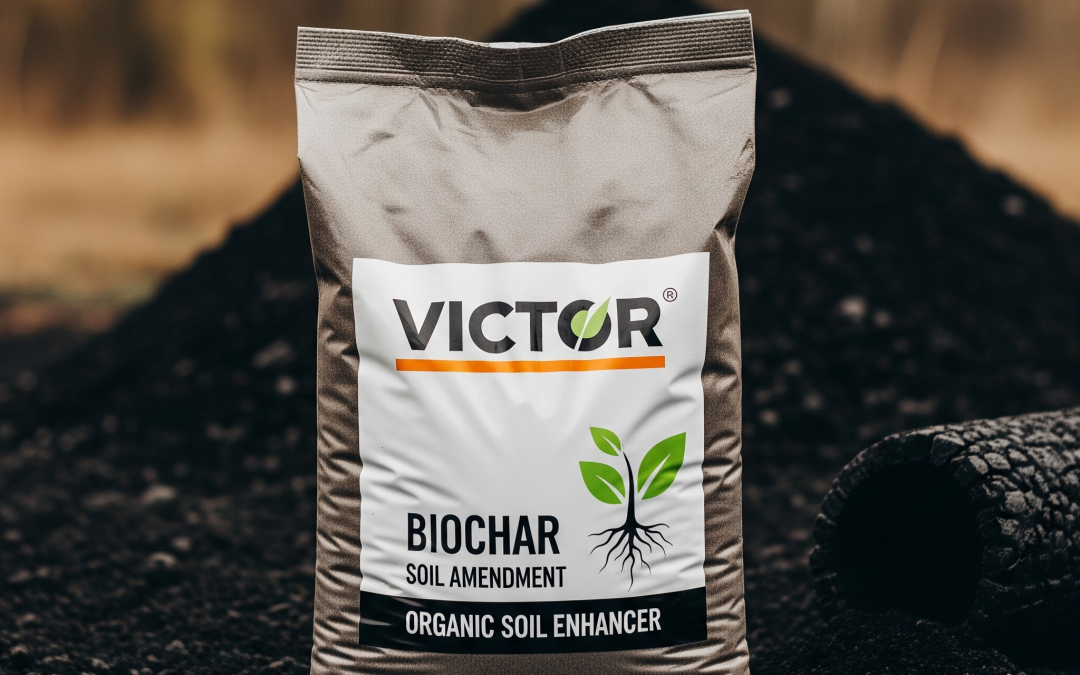What is biochar?
Conceptual definition of biochar
Biochar is an innovative and eco-friendly fuel made from agricultural waste such as pistachio shells, fruit pits, almond shells, or corn. These materials are converted into charcoal through the “pyrolysis” process at high temperatures without oxygen. The result of this process is charcoal with high carbon purity, free of pollutants and smoke.
Difference between biochar and traditional wood charcoal
Traditional wood charcoal is produced by burning tree wood in low-oxygen conditions, which, besides emitting greenhouse gases, leads to deforestation. In contrast, biochar is produced from renewable sources without harming nature, and its production process causes much less pollution.

A look at the history of biochar in the world
Origin and emergence in developed countries
Although the term “biochar” may sound new, its concept has existed for centuries. Early examples of this technology can be found in the fertile black soil of the Amazon (Terra Preta), created by pre-Columbian civilizations by burning plant waste.
Entry into the Middle East and Iran market
With growing awareness of environmental issues, biochar made its way into the Middle East and Iran market. Brands like Victor have localized the production of this product using local resources.
Environmental benefits of biochar
Preventing deforestation
Using agricultural waste instead of tree wood is one of the biggest advantages of biochar, helping reduce deforestation.
Recycling agricultural waste
The raw materials for this charcoal are the same waste that is often discarded. This way, pollution from waste disposal is prevented, and added value is created.
Reducing greenhouse gases and carbon footprint
Biochar, by storing carbon in its structure and preventing its release, can even have a negative carbon effect. This feature plays an important role in combating climate change.

Impact of biochar on the health of hookah consumers
Without smoke and harmful gases
Due to high carbon purity, biochar burns more completely, minimizing the release of harmful gases like carbon monoxide and carcinogenic compounds.
No unpleasant odor or taste
Biochar burns almost odorless and does not alter the tobacco flavor, providing a more natural and enjoyable experience.
Increased safety for home and public use
Clean burning and stable heat production reduce risks for consumers and lower environmental air pollution.
Why is Victor biochar a smart choice?
Using pistachio and almond shell carbon
Victor utilizes local resources to reduce dependence on imported coconut shells and support domestic agriculture.
Innovative processing without natural gas
Victor biochar is produced without fossil fuels, minimizing the product’s carbon footprint.
Luxury wooden packaging for domestic and export markets
The brand offers a luxurious product suited to international tastes with elegant, export-ready packaging.

✨ Conclusion: A modern, healthy, and eco-friendly choice
Victor biochar is not just an alternative to traditional charcoal; it is a real upgrade in quality, health, and social responsibility. By choosing this product, you not only enjoy a cleaner flame and purer flavor but also contribute to preserving the environment.

